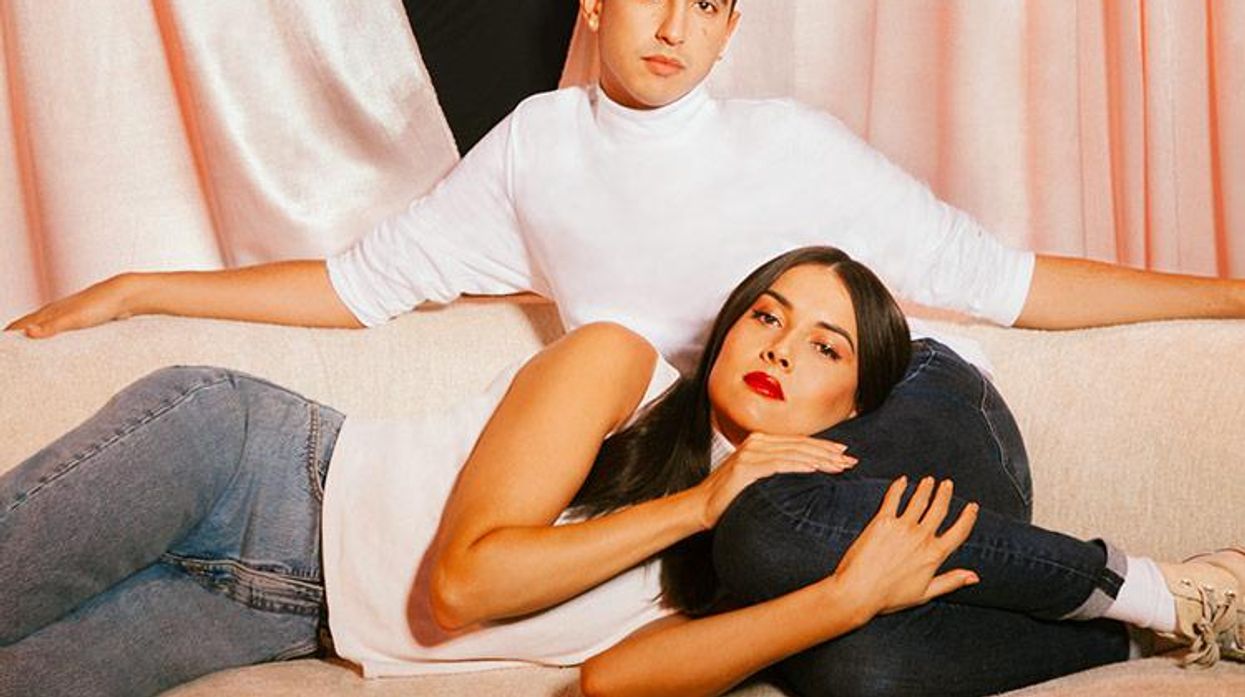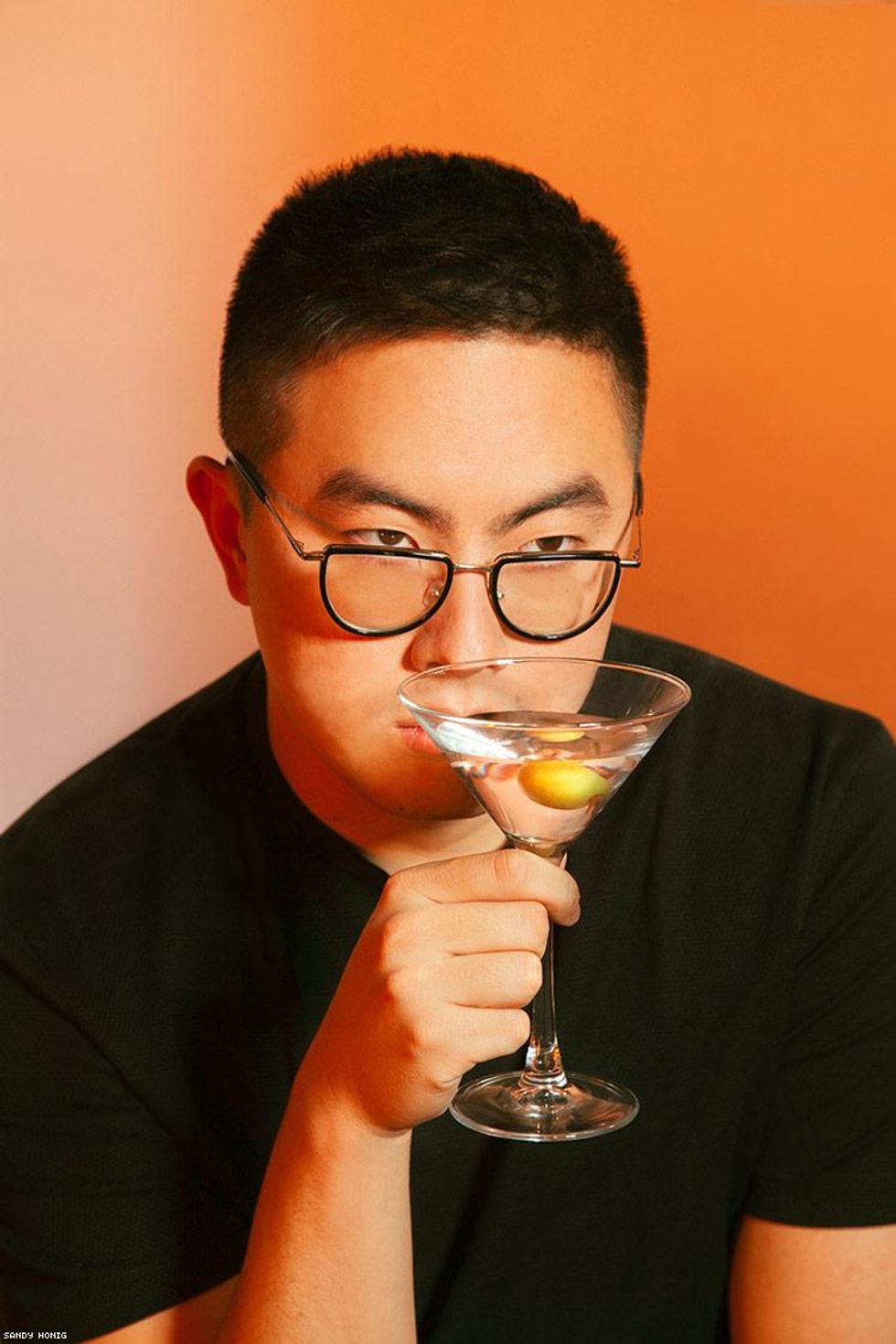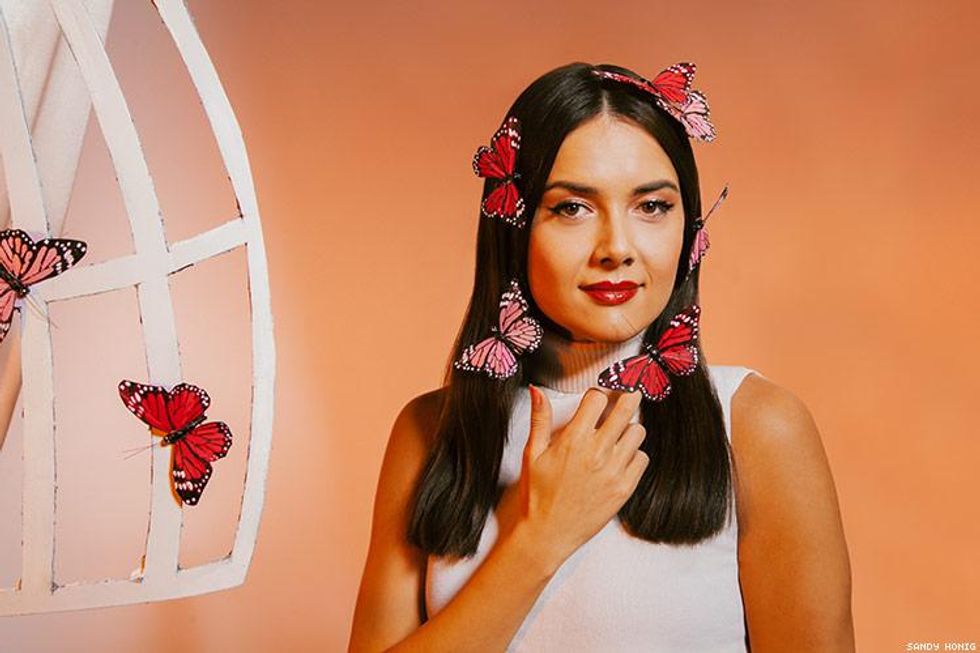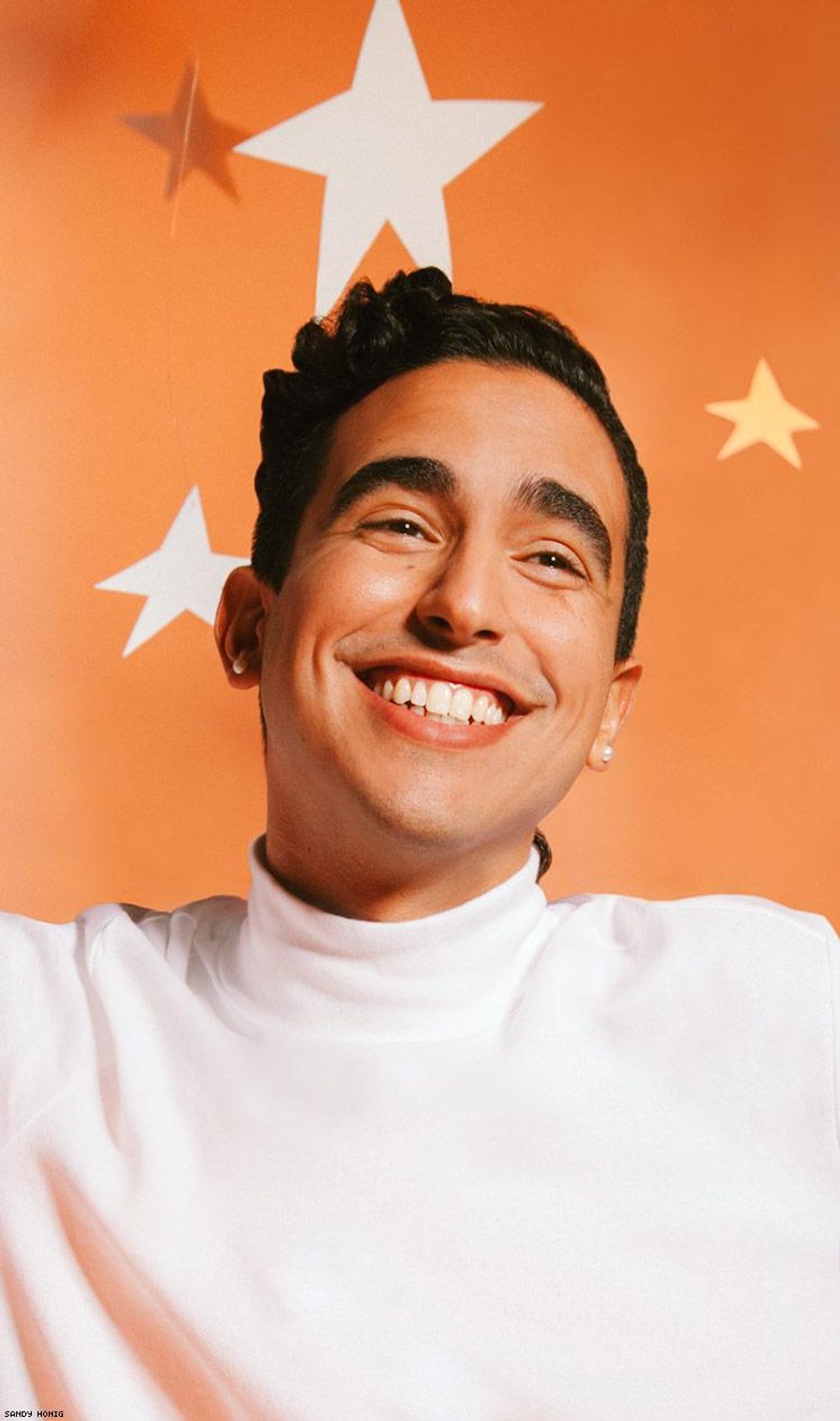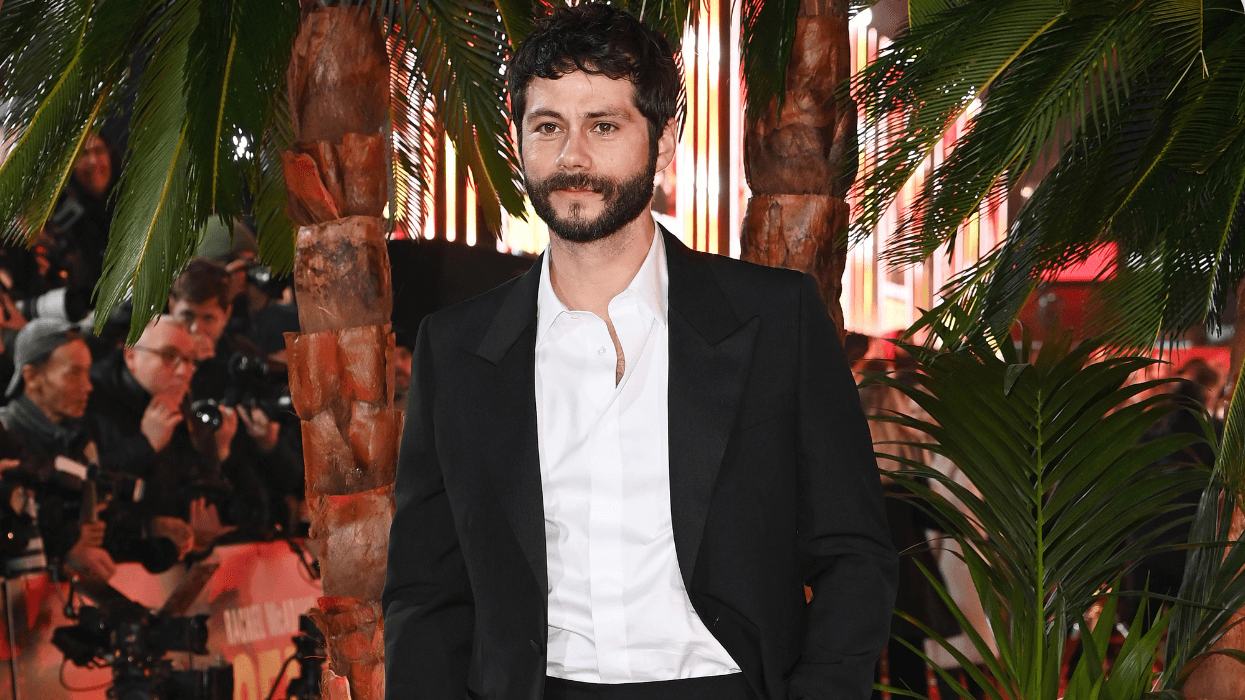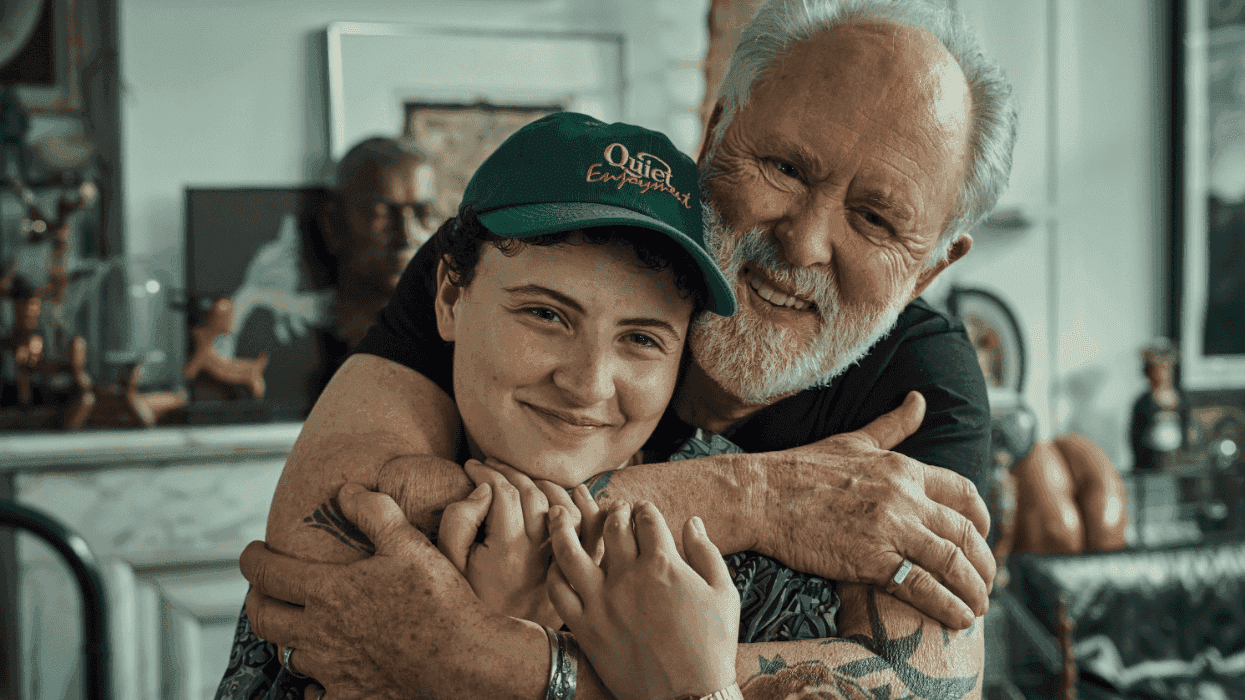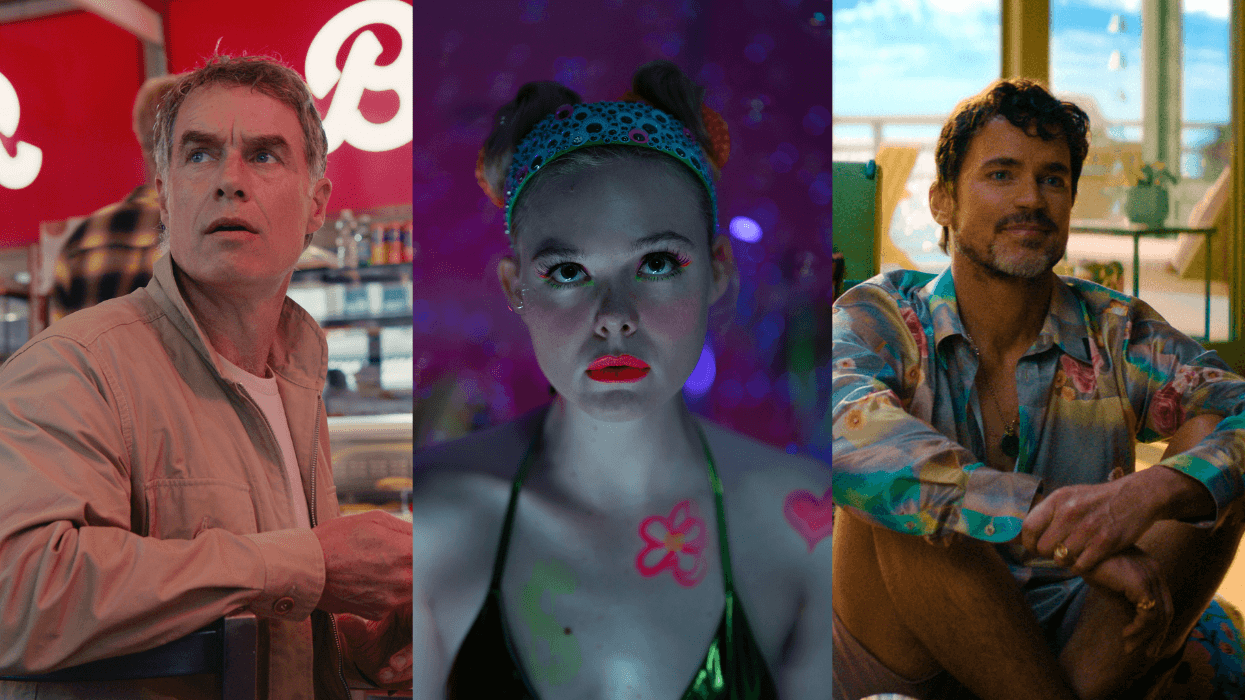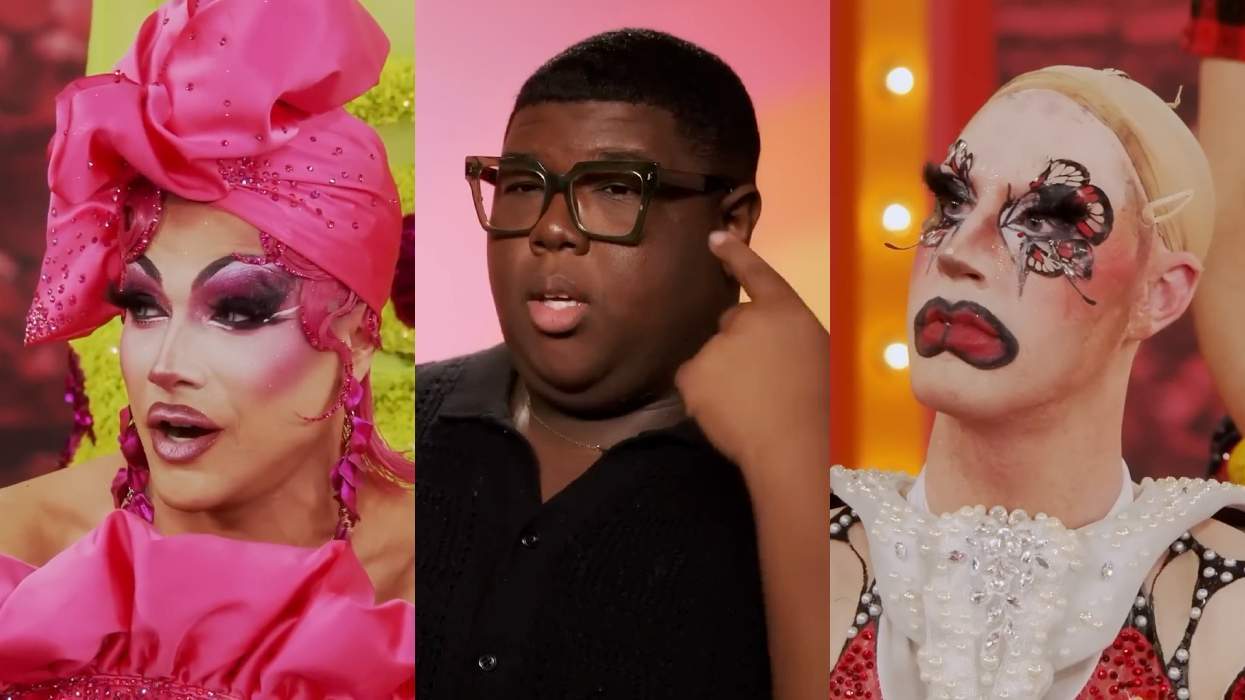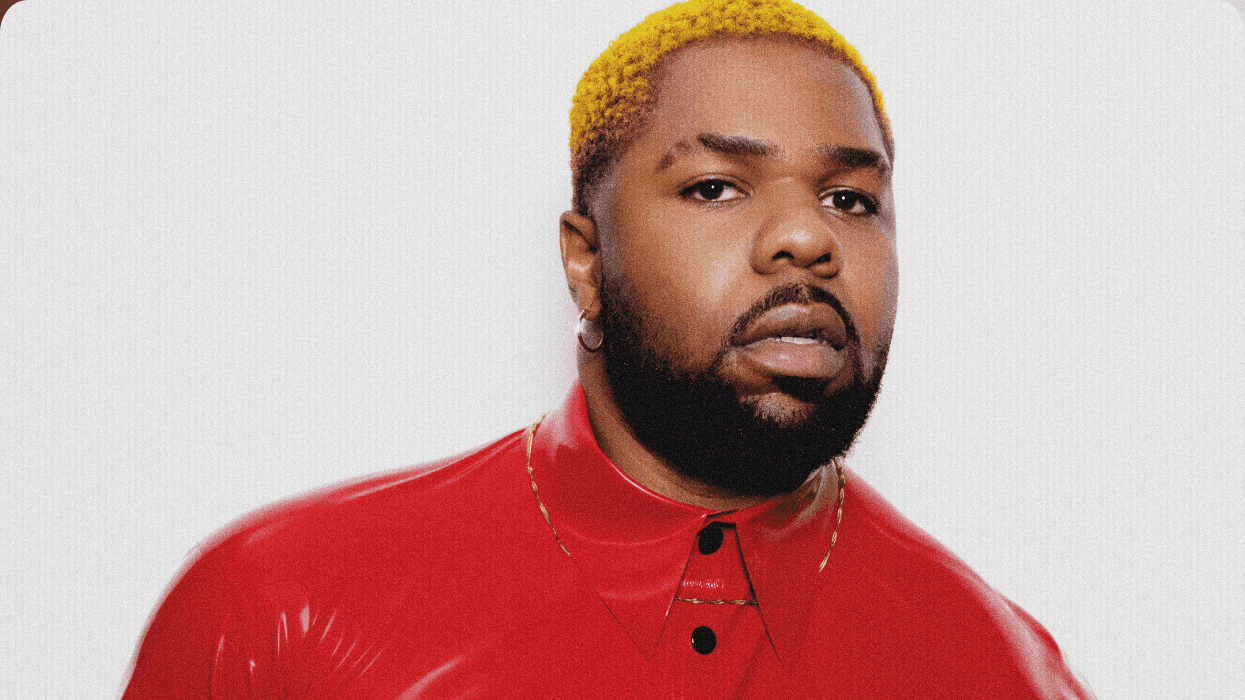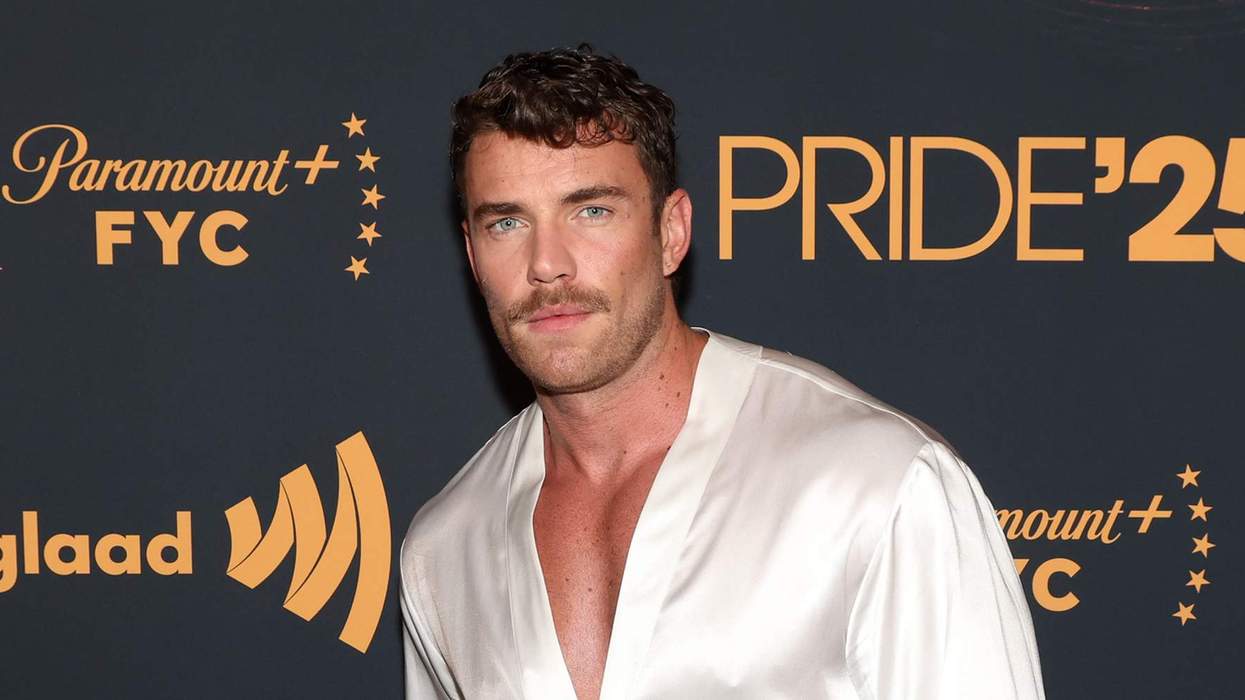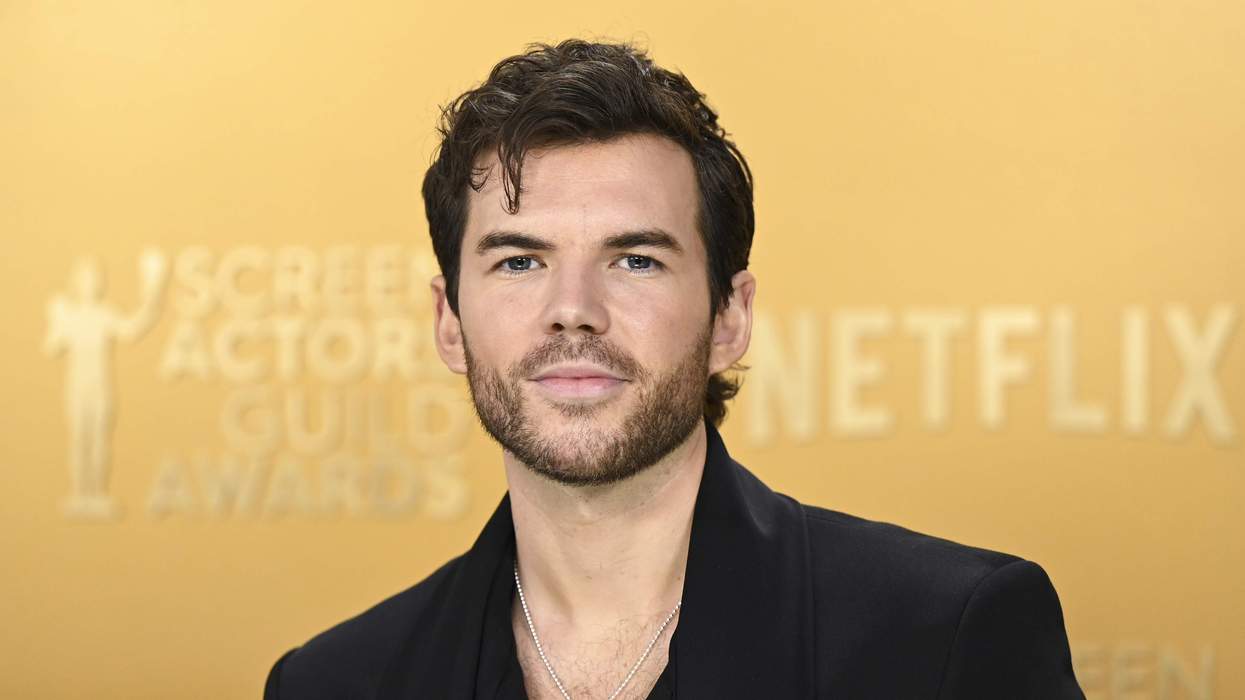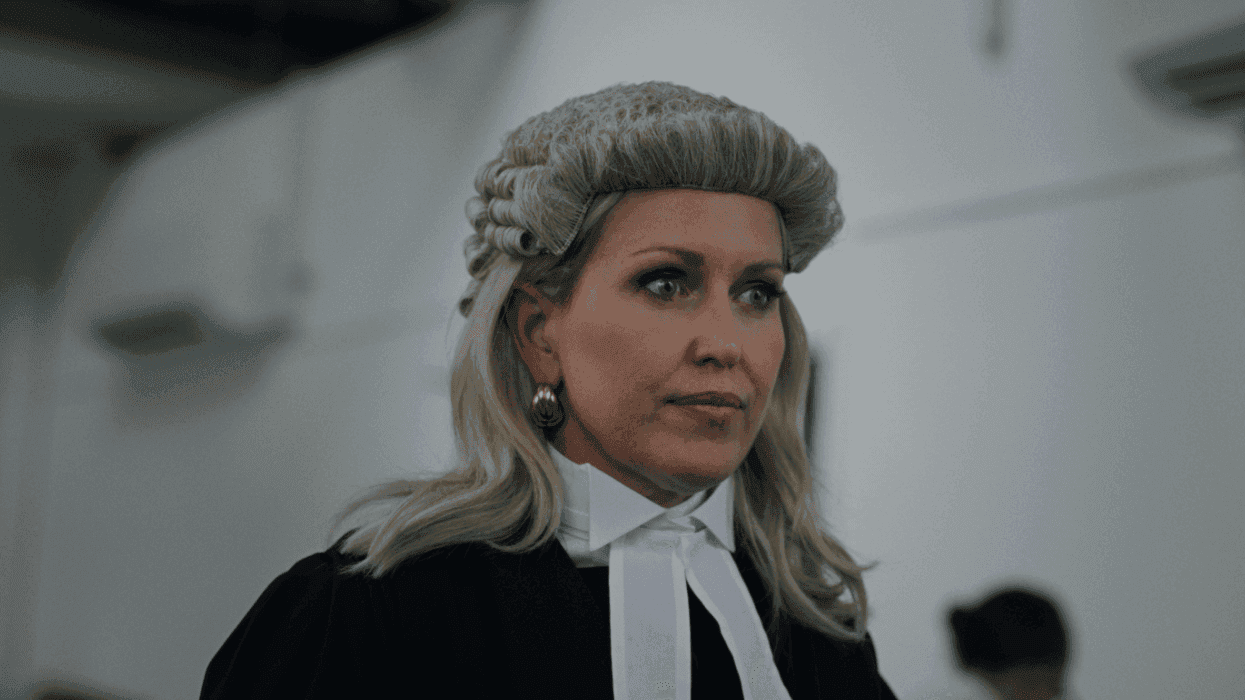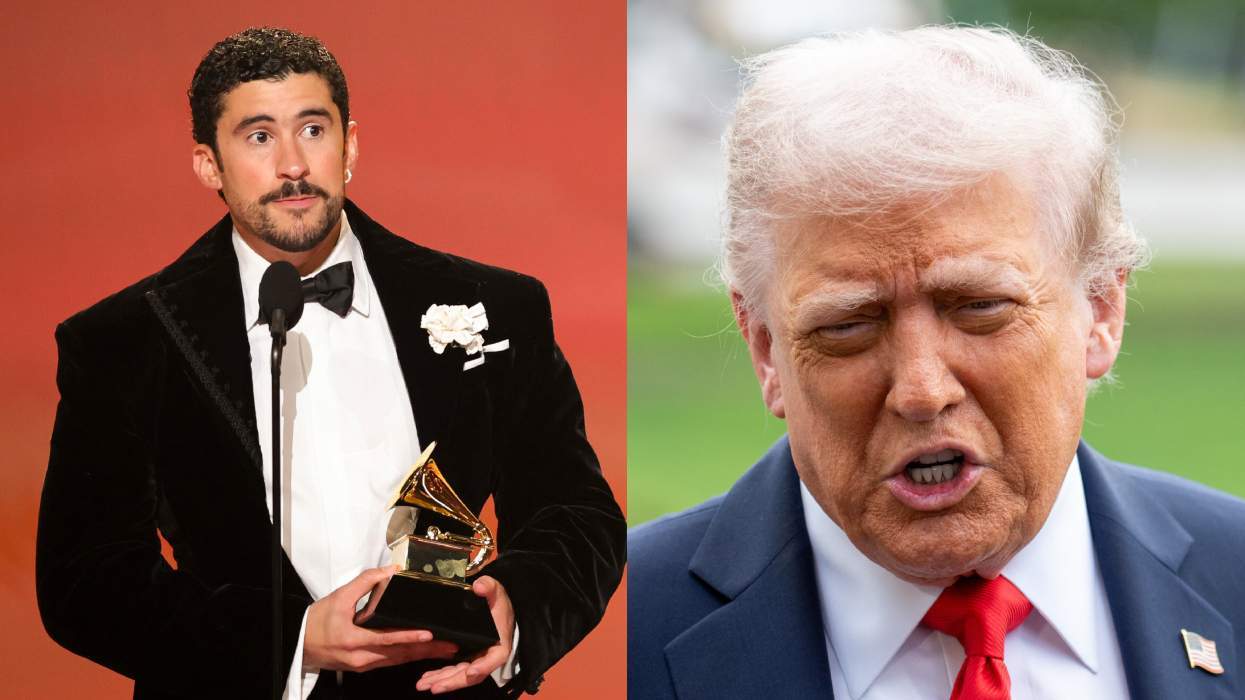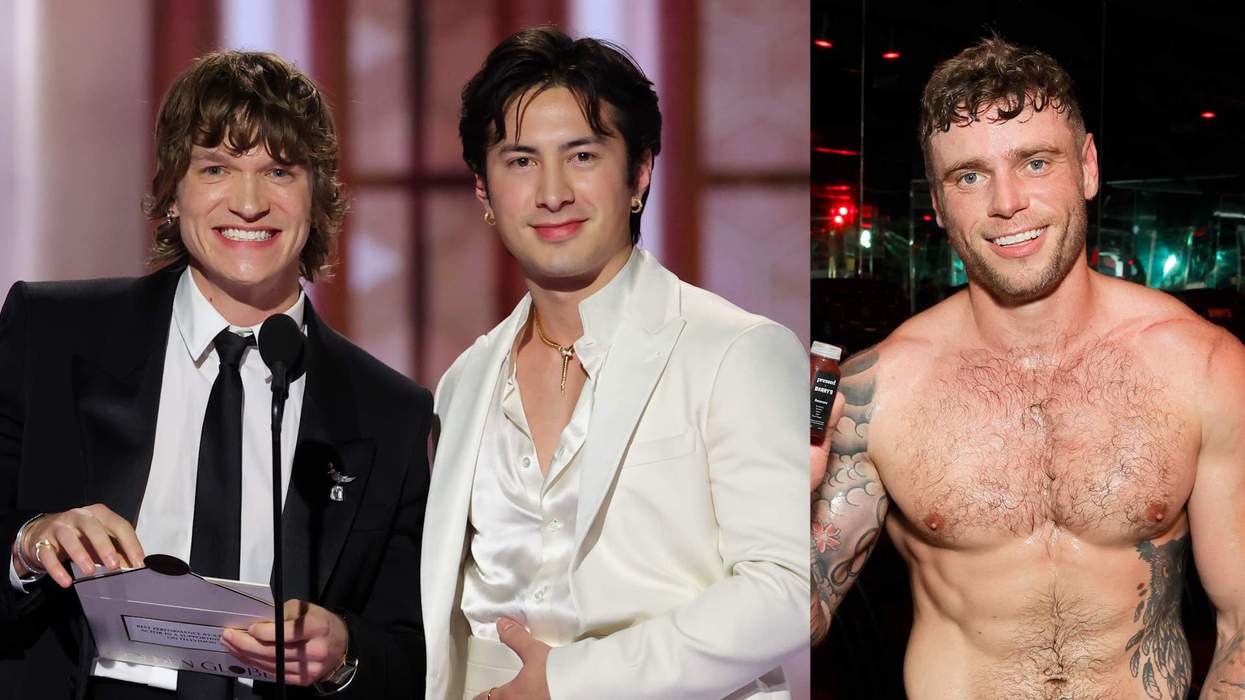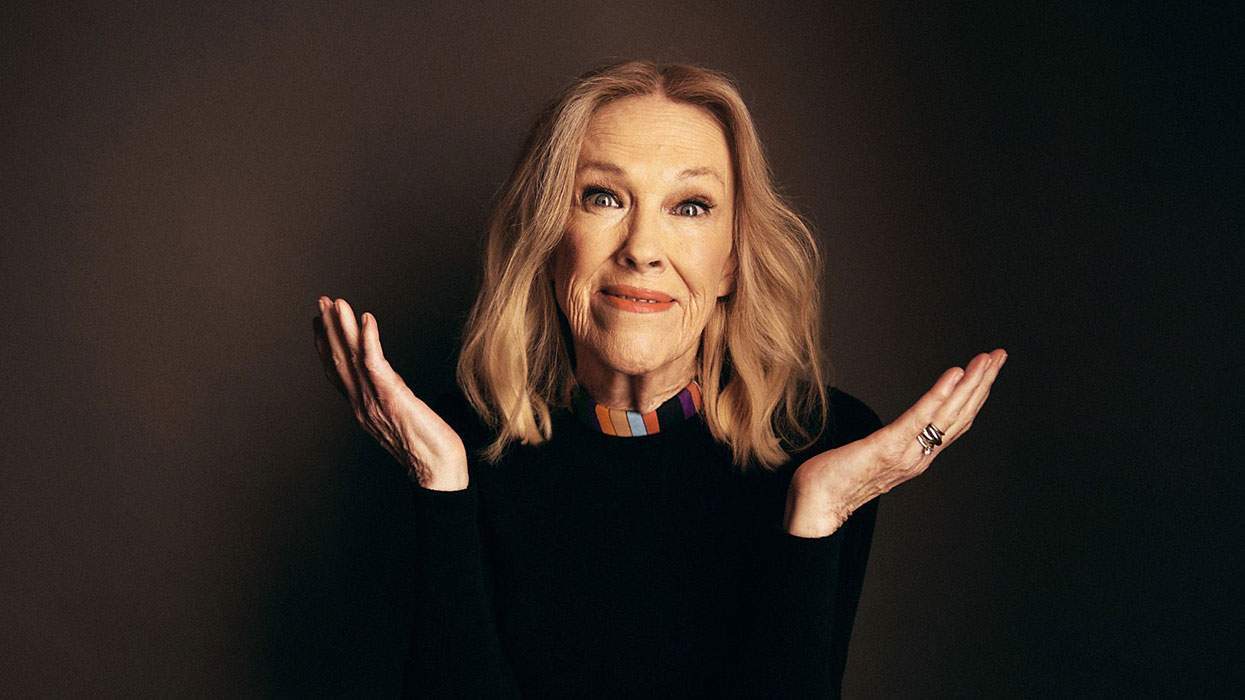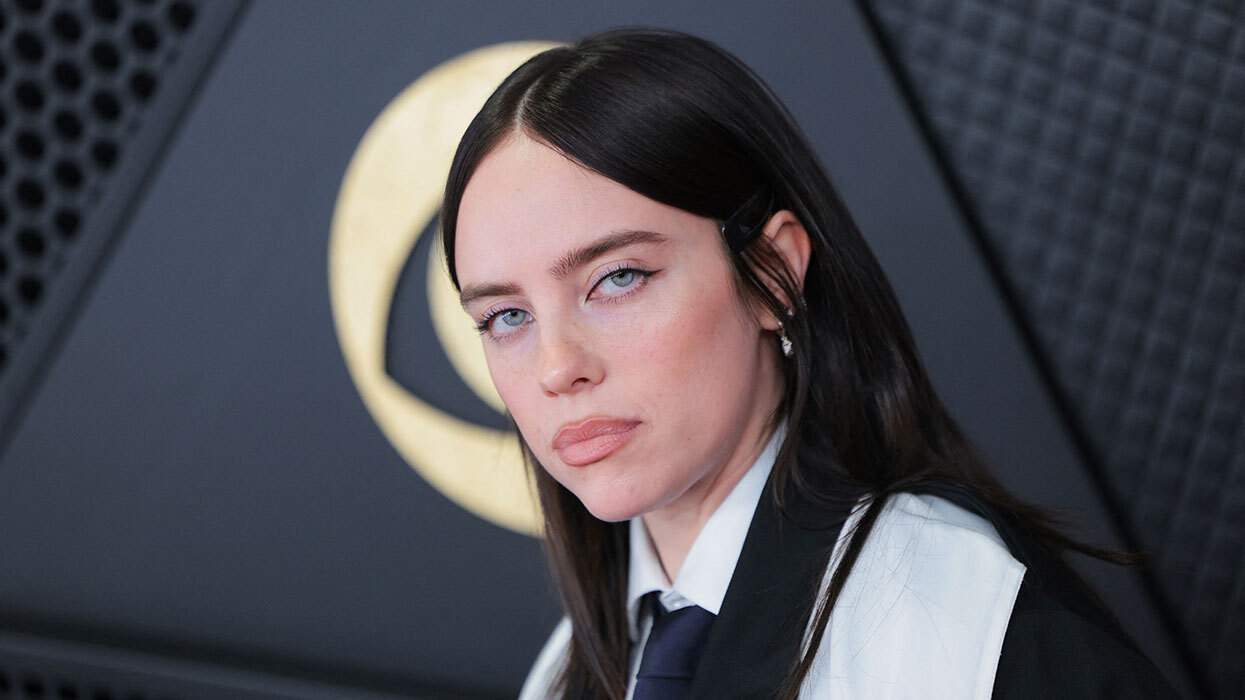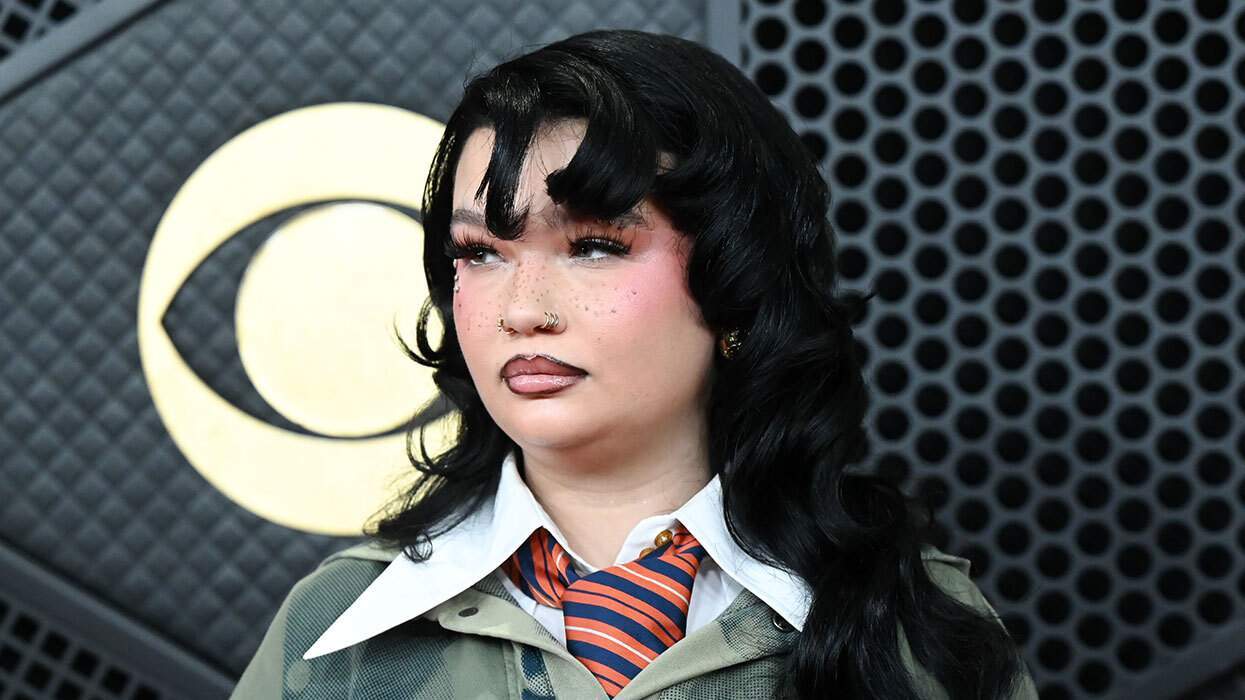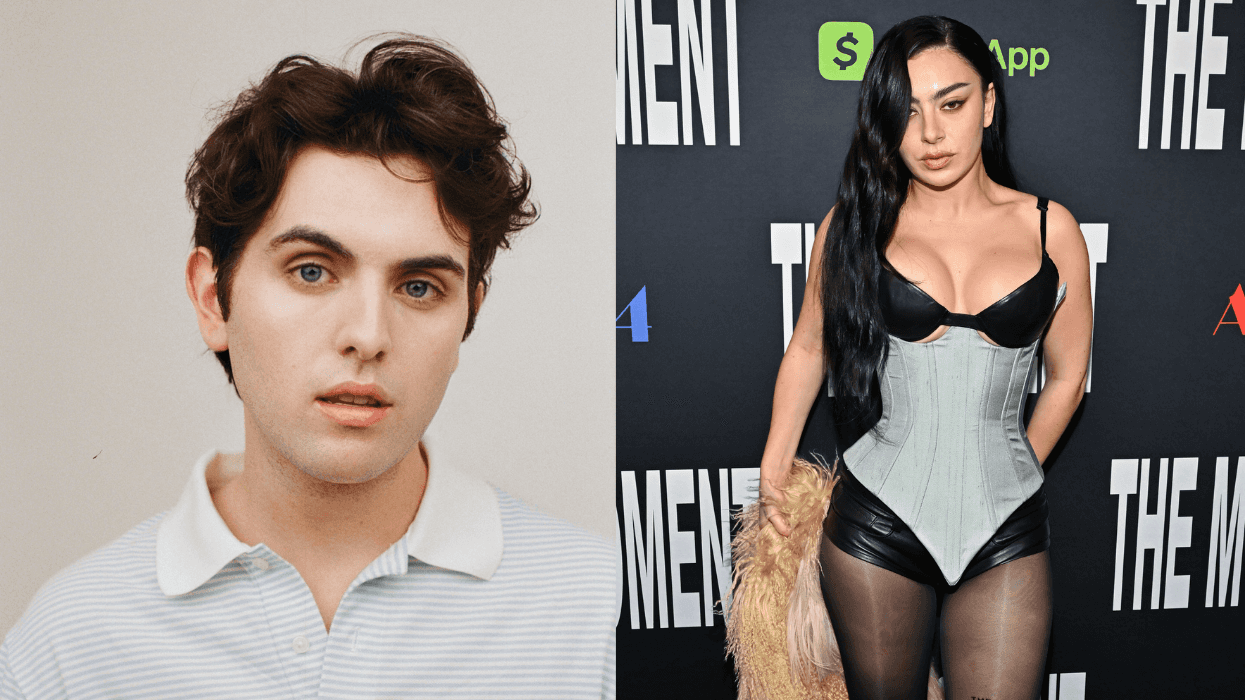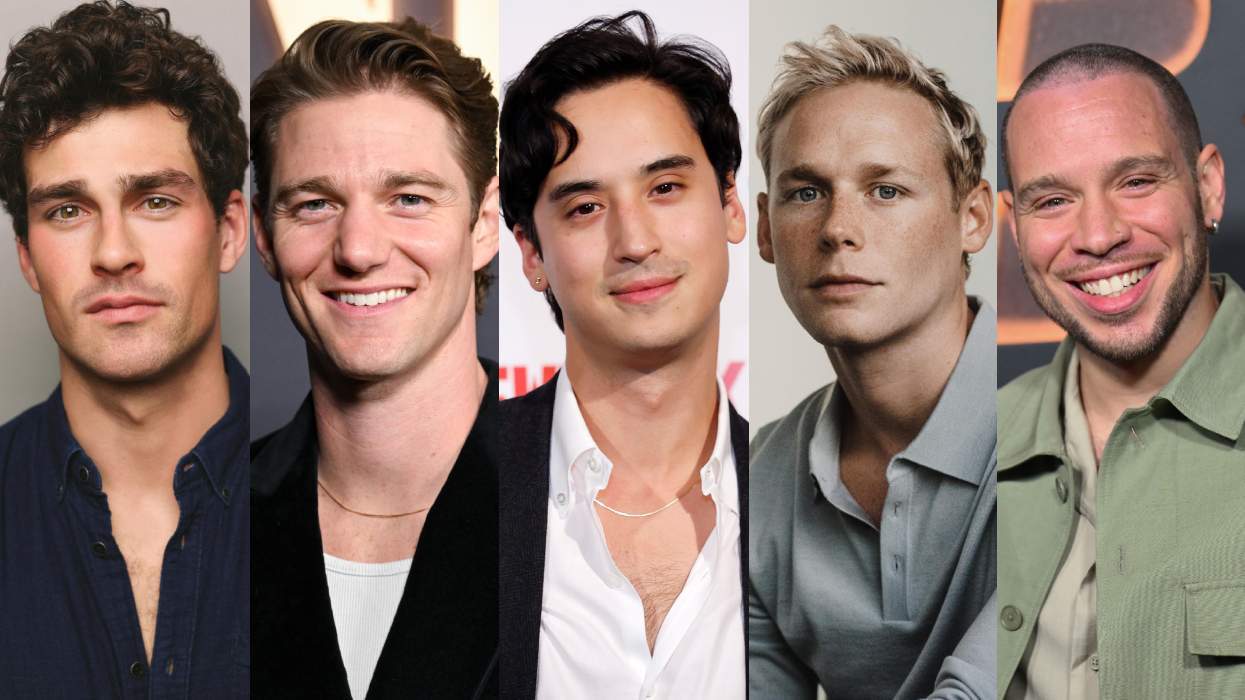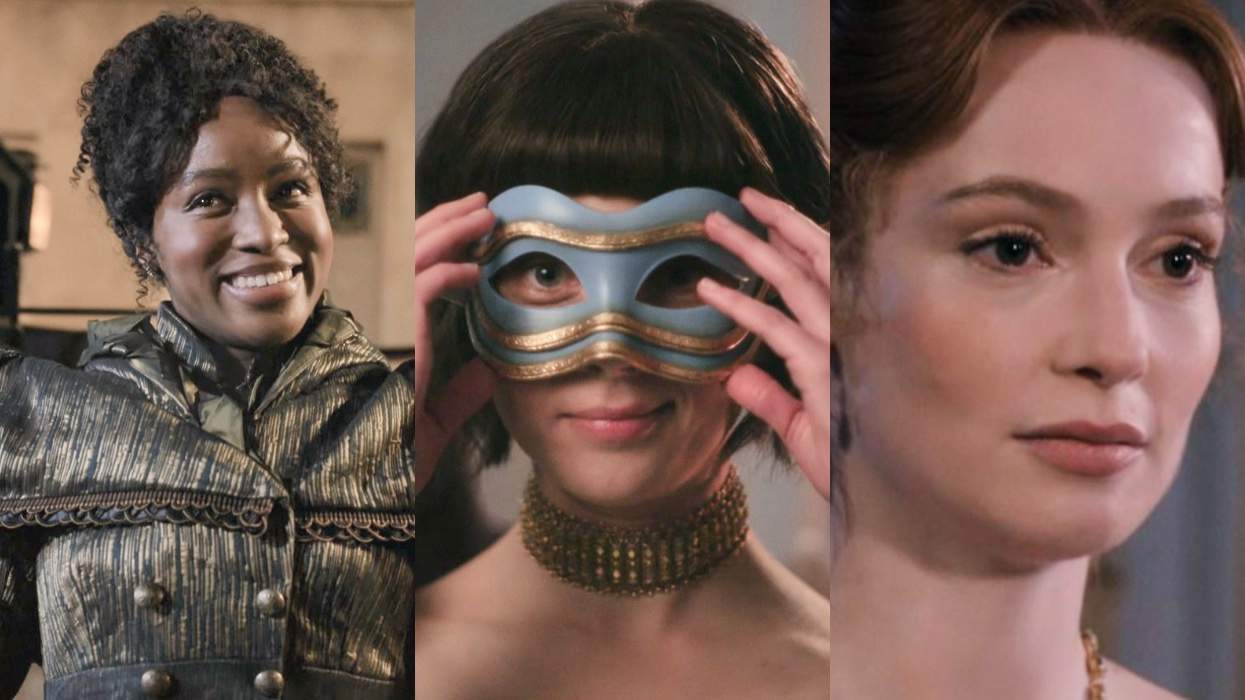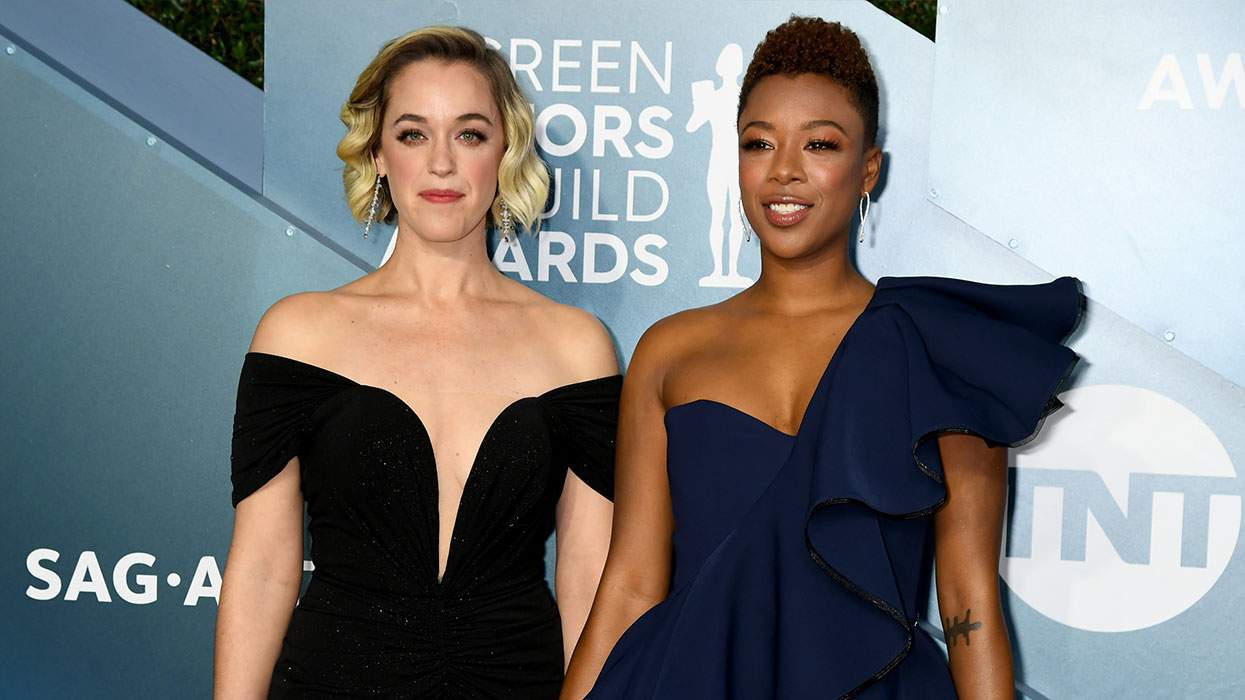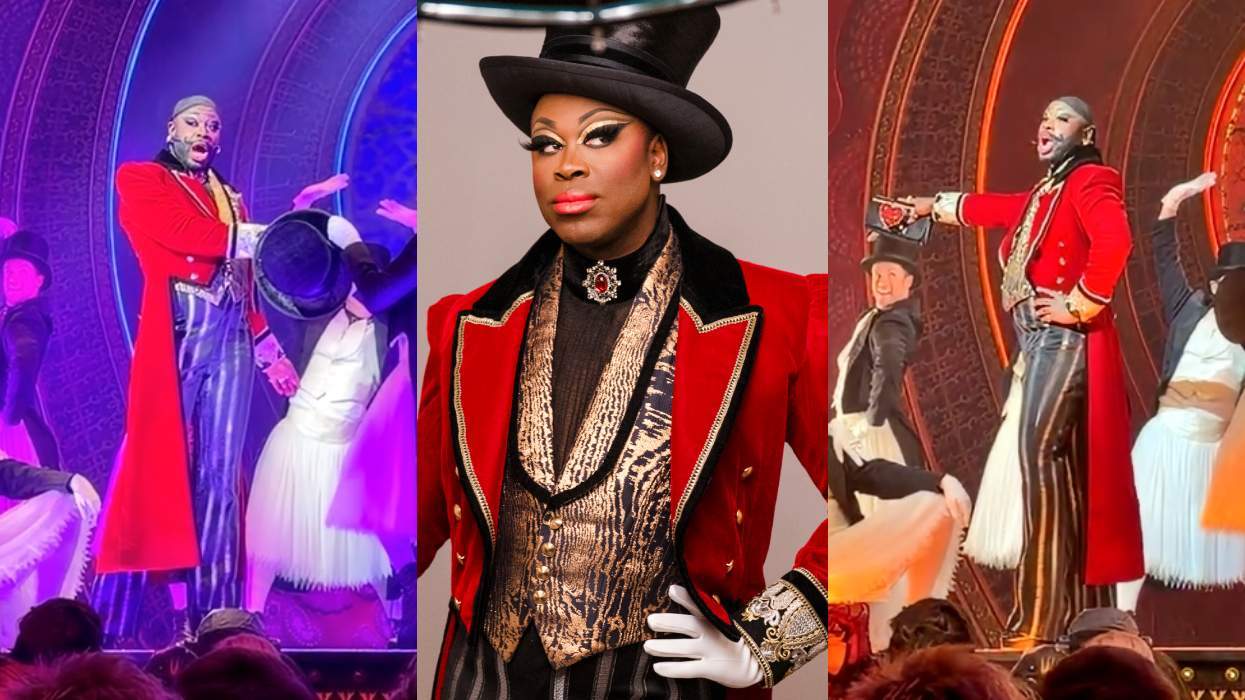What does it mean to be a queer person in 2019, inhabiting these spaces that were traditionally safe havens for straight, cisgender white men? Where you could hear a gay joke (hell, even the word "f****t") or a transphobic quip and have an entire room laughing along? It means that when you decide to step on a stage and bare yourself to a crowd, you're aware that the audience is historically used to you being the punchline.
Recently, there's been a surge of queers in the comedy space, but not in the cursory way they appear in film and television, as the comedic relief or confidante to the heterosexual heroine. As noted by E. Alex Jung in Vulture last year, "Queer comedy has moved out of its early gestational period and is no longer just about representation -- just the fact that there are queer comics onstage. What distinguishes it today is a queer sensibility." In a time when women are still seeking justice following revelations of predatory behavior by establishment comics like Louis C.K., our queer comedians have had to endure apologies from Kevin Hart, who was hired (and subsequently stepped down) to host the Oscars despite a once-unrepentant homophobic past. For an awards show beloved culturally by gay men, Hart's inclusion was more of the same: "You're not welcome here."
But merely existing is not a way to rebel against the heteronormative praxis that existed before. Queer comedians, by virtue of being themselves onstage, are committing a political act. But you need to do more than just toss out a few one-liners to keep the audience at ease so you can maintain the status quo. "Maybe my presence alone is political, but being satisfied with that feels simplistic. For anyone who's concerned with developing a comedic voice, starting with a point-of-view is the first step. Might as well make it a helpful one, binch," says gay, Asian comedian Bowen Yang, who recently joined Saturday Night Live's writing staff. His presence was political before he even crafted a single joke, particularly because SNL has never employed a full-time Asian cast member.
Yang hosts Las Culturistas with Matt Rogers, a brash and unapologetic podcast that upends popular and gay culture in a comedic way. If the show is political, it's truly only because hearing gay men talk about their interests and their lives with such freedom has been a rarity in comedy for so long. This is particularly true when it comes from queer artists who aren't cisgender white men. "One time Dewayne Perkins, a fantastic queer comedian of color, was talking to me about being the only Black writer in a late-night room, and that he wasn't understanding a lot of the references other writers were making," Yang said. "He was like, 'Am I supposed to know who Laura Dern even is?' and I lit up with joy. I find it phenomenal that he'd been able to ignore these very white gay parameters of pop culture and still succeed despite these 'blind spots.' For me, I've been lucky to play to both sides of that cis white gay male hegemony, and maybe part of that has to do with the adjacency to whiteness I have as an Asian man."
Patti Harrison, a trans comedian and writer who vacillates between gross-out humor videos and cutting political jokes on Twitter, also points out that historically, mainstream media has centered white narratives, which naturally lends itselves to cis, white gay men being the perceived dominant voices in queer comedy. "I think we just have to keep calling out, or calling in, when things get white-washed, whether that be casting or in the writers' room," she says. "We need to put more pressure on these gatekeepers to not only diversify their hiring processes, but actually educate themselves on why it's important to not only hire white people."
But how do you call things out, and how do you remain political, without becoming exhausted? "I definitely think people in the media are more open and interested in trans experiences, particularly in a time of volatile duress. Humor is also a great way to make an idea more palatable," Harrison says. Queerness will always come with a sense of danger, whether it's to your personal safety (particularly for trans women of color) or even the notion that your profession may reject your very being as it bends over backwards to continue embracing men like C.K., who have committed acts of sexual terrorism and pushed comedy back toward its old boys' club origins.
Now, however, queer artists aren't here to assimilate while they hear punchlines about our community. They're here to make the punchlines. It's the queer lens that makes their work so incisive.
"To be queer is to question," says Dylan Marron, host of the popular podcast Conversations with People Who Hate Me. While Marron isn't expressly a comedian, he too uses a queer lens to interrogate the world in a comedic way, much like Yang and Harrison do through their comedy. On Marron's podcast, he talks to people who've sent him hate mail and ask them why they did it.
"For me, the cross-training of questioning everything and seeing the world from the outside has been my empathy workout, to extend the metaphor. It's helped me identify and relate to others who are also outsiders, even if they're not members of the queer community. And empathy has been a key ingredient to the success of the conversations I have with internet strangers," he says. For all the hand-wringing from politicians about bias and reaching across the aisle, Marron has found a way to reach the humanity behind cruelty and change it for the positive. It's why he prefers not to use the word "troll" anymore. "I want to know the human on the other side of the screen," he explains. "I'm more interested in asking them why they believe what they believe, why they wrote what they wrote."
There's something extremely powerful about a gay man who constantly finds himself under attack online reclaiming his sanity and autonomy by confronting people who torment him. After all, what is attempting to be a comedian or personality now but constantly dealing with attacks from critics, self-proclaimed allies, and trolls? "To put it another way: I know what it's like to not be seen as human. I want to use that knowledge to build a bridge to people I could easily choose to dehumanize myself," Marron says.
Sometimes, however, you just want to be yourself. Harrison knows this all too well, having seen her life change after appearing on The Tonight Show. "People want me to talk about the politics of being trans and being in crisis and suffering all of the time, which are important things we absolutely have to talk about," she says. "But also, I am a comedian, not a pundit. And sometimes I just want to talk about...raisins."
Photography by Sandy Honig // Set design by Jayne Clark // Hair and makeup by Rebecca Robles
To read more, grab your own copy of Out's February issue featuring Hari Nef and and Tommy Dorfman as the cover on Kindle, Nook and Zinio today, and on newsstands January 22. Preview more of the issue here. Get a year's subscription for $19.95.


